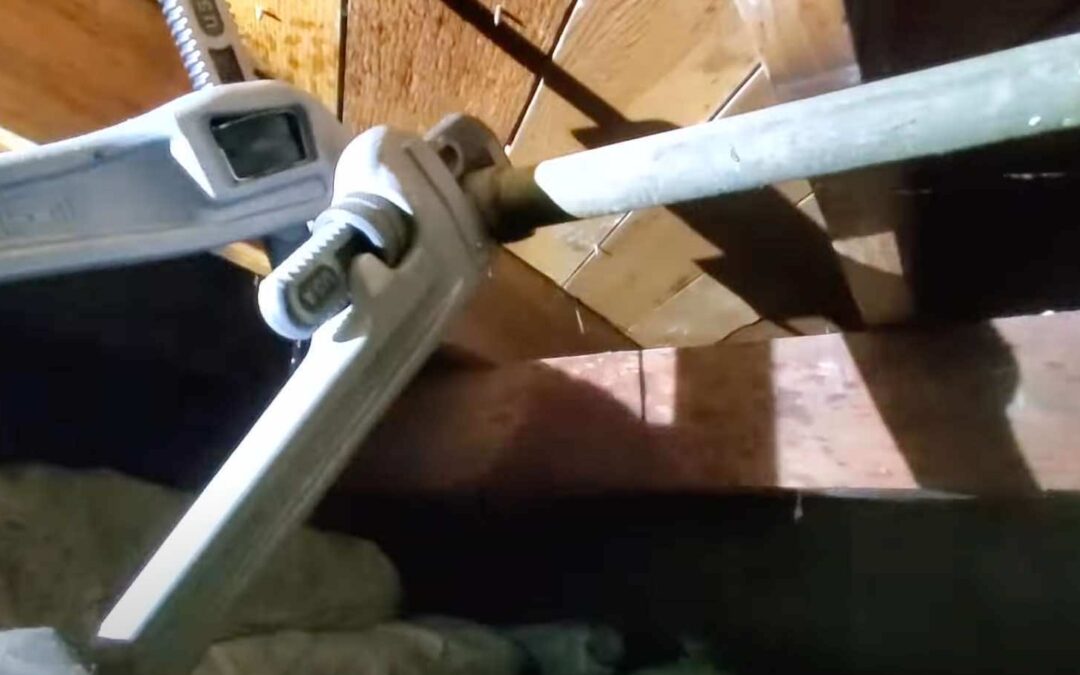In the intricate network of pipes that run through our homes, material matters. For long, 1″ galvanized water lines were the standard. But as we venture further into this century, Type L copper emerges as the modern successor. Dive in to discover the compelling reasons behind this shift.
The Shortcomings of Galvanized Lines:
1. Corrosion Chronicles:
Galvanized pipes, over the years, undergo a process where the protective zinc layer wears off, exposing the inner steel to water. This leads to rust, which in turn affects water quality and flow.
2. Limited Lifespan:
Typically, galvanized pipes have a lifespan of 20-50 years, depending on water quality and usage. In contrast, copper, especially Type L, can exceed that, lasting up to 80 years or more.
Type L Copper: The Modern Marvel
1. Natural Anti-Microbial Properties:
One lesser-discussed advantage of copper is its anti-microbial nature. This means that bacterial contaminants find it harder to thrive within copper pipes, ensuring cleaner water.
2. Temperature Tolerance:
Type L copper is resilient under a range of temperatures, making it suitable for both hot and cold-water lines. Its thickness aids in better insulation and durability.
3. Aesthetics & Resale Value:
For exposed plumbing, copper, with its sleek appearance, can be more aesthetically pleasing. Plus, having copper plumbing can boost your property’s resale value.
Embracing the Change: Tips for Transition
1. Budgeting Right:
While copper is pricier than galvanized steel, its long-term benefits can justify the upfront costs. Plan your finances accordingly.
2. Seek Expertise:
The transition to copper requires expertise. It’s crucial to hire seasoned professionals familiar with the intricacies of copper plumbing installation.
Conclusion:
The transition from 1″ galvanized water lines to Type L copper is symbolic of how homeowners are prioritizing long-term value over short-term savings. In the realm of plumbing, copper is fast solidifying its place as the gold standard. And given its myriad benefits, this shift is hardly surprising.

